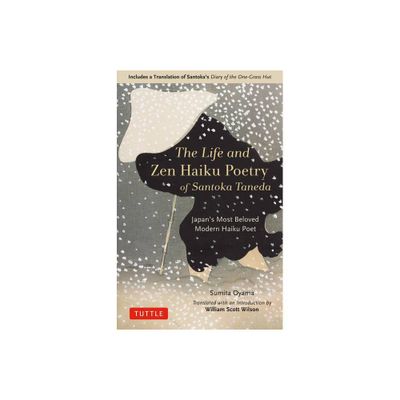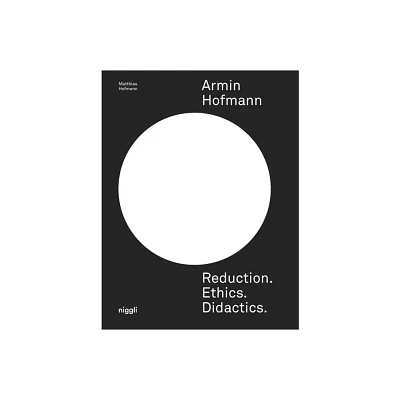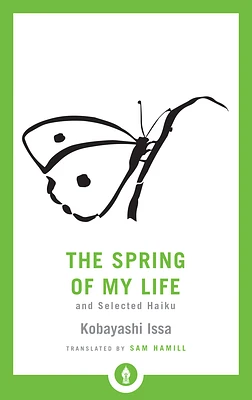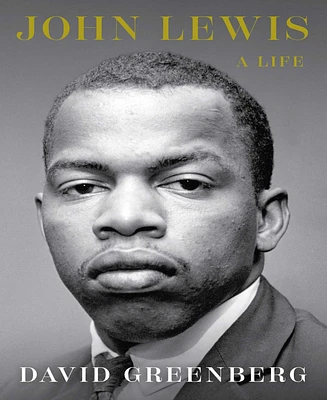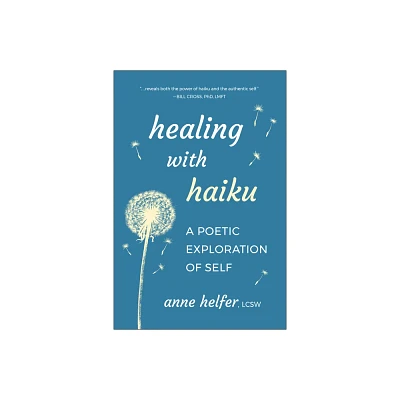Home
Organic Life: Didactic Haiku
Loading Inventory...
Barnes and Noble
Organic Life: Didactic Haiku
Current price: $32.99


Barnes and Noble
Organic Life: Didactic Haiku
Current price: $32.99
Loading Inventory...
Size: Hardcover
*Product Information may vary - to confirm product availability, pricing, and additional information please contact Barnes and Noble
Organic Life is a collection of haiku poems that explore the beauty, behavior, and struggles of myriad creatures, illustrating how their lives relate to human experiences. These poems are told as moral lessons to improve one's own life. Each poem focuses on a different animal or insect, using their stories to reflect on broader themes like curiosity, fear, imitation, and survival.
The book begins with "Nocturnal Butterflies," highlighting their silent beauty and fragility. It then moves to termites in "TERMITE," showing how they build and destroy at the same time. In "DRAGON," the poems talk about dragons, mixing legends with personal fears.
"Mynah" looks at birds that imitate others, discussing the loss of originality. "SPIDER" describes the deadly yet skilled nature of spiders, while "CHICK-A-DEE" focuses on a small bird's clever ways to survive in tough times.
The final section, "MEDLEY OF LIES," talks about how repeated lies and ignorance can harm the natural world, drawing a connection between human actions and their negative impact on the environment. Throughout "Months," the poet uses simple yet vivid imagery to explore the fleeting beauty and constant challenges of life.
The book begins with "Nocturnal Butterflies," highlighting their silent beauty and fragility. It then moves to termites in "TERMITE," showing how they build and destroy at the same time. In "DRAGON," the poems talk about dragons, mixing legends with personal fears.
"Mynah" looks at birds that imitate others, discussing the loss of originality. "SPIDER" describes the deadly yet skilled nature of spiders, while "CHICK-A-DEE" focuses on a small bird's clever ways to survive in tough times.
The final section, "MEDLEY OF LIES," talks about how repeated lies and ignorance can harm the natural world, drawing a connection between human actions and their negative impact on the environment. Throughout "Months," the poet uses simple yet vivid imagery to explore the fleeting beauty and constant challenges of life.


